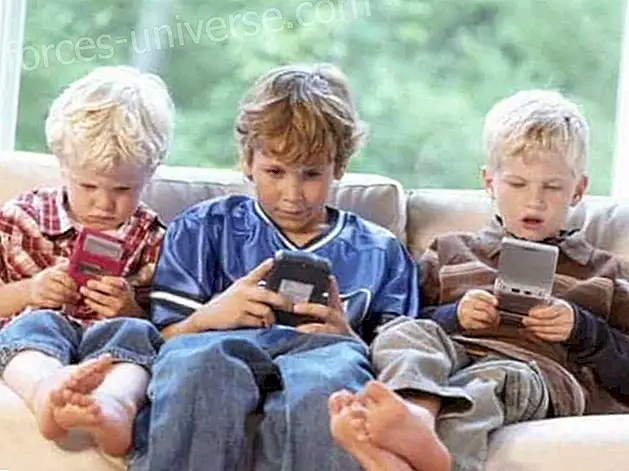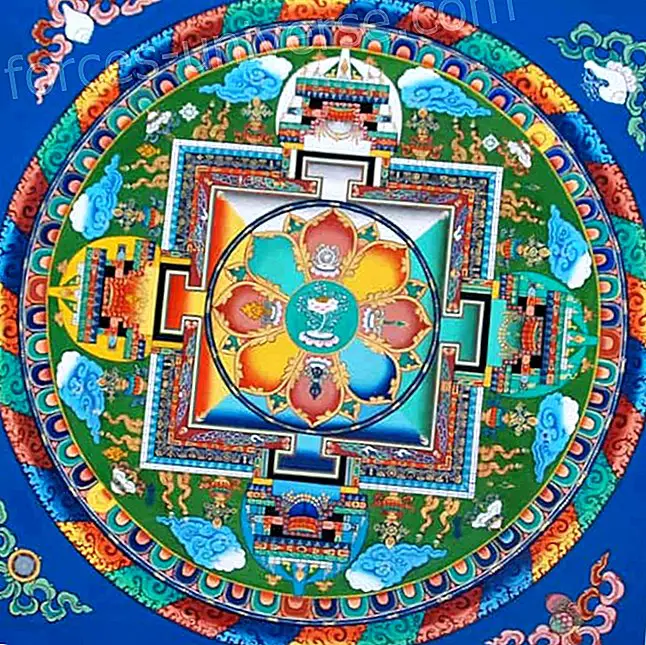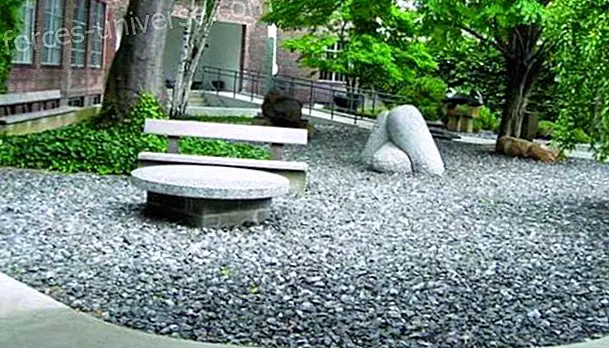 For generations, women were, first and foremost, mothers. That was our highest social identity and for it we were valued.
For generations, women were, first and foremost, mothers. That was our highest social identity and for it we were valued.
And that was good or bad?
That did not guarantee children to be better raised: more loved or protected.
And today they are not mothers at all?
Today the role we play in the sphere of the public is valued above all. That is why we mothers only feel that we are working if we are economically autonomous and realize our interests.
It has its logic.
But then we enter into contradiction with the maternal function, relegated to the sphere of the private: silent and invisible. So we will have to ensure that maternal function does not contradict others. But it is difficult to assume both.
If you organize there is time for everything.
Let's not think only as adults. Let's put ourselves in the skin of the child totally dependent on maternal care: his level of loneliness and isolation, if his mother does not give him the attention he needs, is immense.
For something there are the nurseries.
They are fine to care for children when mothers work. But in them the children are not connected fusionally with their caregivers. And the children need at the end of the day to come into deep and loving contact with their mother, as long as she is able to connect with herself emotionally and, therefore, with the child.

We also have maternity leave, subsidies, aid (or at least we had).
And they help. But, when we raise children, we are very alone. And invisible in the eyes of others. Therefore, we find it easier to return to work, where we are recognized.
And I don't blame them for it.
Nor I. It is normal. We have lost the tribe, the extended family, the comadres, the neighbors. We are locked in floors accompanied by television, mobile and computer. We must wake up to be with other women and men who want to accompany us in the routine with our children.
It must be hard not to find your mother even if you have her close.
Hard is the life of children. And that we ourselves have lived as children, although we have no awareness of it. Most of us have grown up feeling that the adult world was far from our emotional world. With fears that nobody has placated. With cries that nobody has calmed.
The past, the past is.
But now it is urgent that we are aware of what our emotional reality as children was. If we contact what really happened to us, we will understand why it is so hard for us to stay with our young children: simply, because children force us into intimate emotional contact. And that hurts, because it resonates in our childhood sufferings.
Are you not very categorical?
Yes I am. After thirty years of working with hundreds of families, there is evidence: the more helpless we were as children, the more we have built a character to survive. And we are not willing to abandon it.
Maybe because he keeps protecting us.
But it makes us more attentive to save ourselves than to save the child. That is why we expect children to respond to the needs of adults, and not vice versa. It is time to understand our inner child to be able to approach who are children today.
Don't we spoil children too much?
Today we compensate them with objects of consumption, but if when the creature waited for his mother all day and, when he finally arrives, he is not all with his soul there, it is maddening.
Before was better?
We would have to remember what we mean when we say "before." One or two generations ago was surely not better. We are children and grandchildren of repressed and subdued mothers, sexually, economically, socially. Many of us have suffered maternal discharges of such frustration.
What do you propose?
Let us look inside. That we look for mechanisms to know each other better, that we be more aware of our emotional realities. And if we become mothers, ask for help and company to offer our bodies and our hearts open to young children.
What does it depend on?
Of the conscious decision to offer our children even what we have not received. If we discover the level of helplessness we came from, at least we will know what we have and what we do not. Instead of judging how things should be, or how the child should behave, let's listen to him and consider what he wants to tell us.
How?
How to cut the chain of helplessness? With awareness. There are many personal inquiry systems. I have been perfecting over the years: the "construction of human biography" with which I try to elucidate the distance between what I think has happened to me and what really happened in the family plot.
You make money with therapy.
I assure you that much more is spent on less necessary things.
Source: La Vanguardia The Contra
Source: https://cambiemoslaeducacion.wordpress.com
Find out if he was a happy son or not and know how to be a happy father






